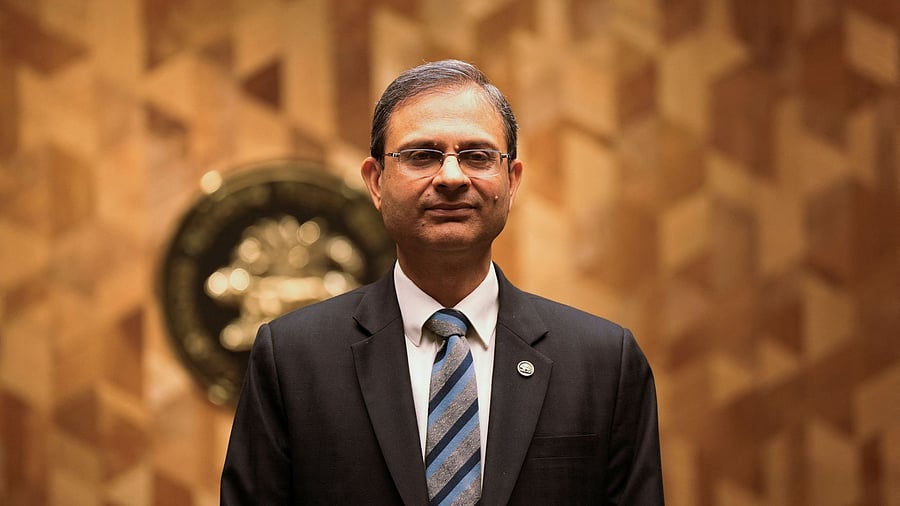
Reserve Bank of India Governor Sanjay Malhotra poses for a picture as he returns after a press conference in Mumbai.
There is a change of guard at the Reserve Bank of India (RBI), with Sanjay Malhotra replacing Shaktikanta Das as Governor. Just as Das was, Malhotra is an experienced bureaucrat. The government may have preferred a bureaucrat because that reduces the possibility of friction between the government and the Governor as it has happened when an economist was at the helm. All the four predecessors of Governor Das – Y V Reddy, D Subbarao, Raghuram Rajan, and Urjit Patel – had serious differences with the governments of the day. Conflicts arose usually when the governors tried to protect the autonomy of the central bank. The RBI needs to have such independence for effective functioning, especially in times when governments want to bend institutions to its wishes. Das had a smooth relationship with the government but towards the end of his term, he also ignored the government’s demand to lower the interest rate, out of the conviction that the RBI’s foremost responsibility is to check inflation.
Das’ stint at the RBI was the second longest as he also had a three-year extension after his original term. During his tenure, he had serious challenges – both internally and externally. Dealing with the Covid pandemic was the most difficult among them. The central bank’s proactive measures during the period helped soften the impact of the pandemic on the economy, institutions, and individuals. Under his stewardship, there was an emphasis on financial discipline and banks gained from that. It cannot be said that the RBI succeeded in its primary mandate of containing inflation which has remained high for many quarters and is likely to stay high for some months. Currency management was a challenge at a time of global disruptions caused by regional conflicts and volatility of currency flows. Das had an efficient manager’s approach. He has been praised for that, but that has also been held up as his limitation.
Sanjay Malhotra has assumed office when there is a strong view within the government and the industrial and business establishment, and outside that the RBI should relax its position on policy rates to support growth. The debate over the relative importance of growth and price stability is old and will not end soon. The relationship between the two is more complex than it was, and there are questions about the efficacy of monetary policy in dealing with issues in certain situations. While such debates are relevant, the RBI cannot lose sight of its commitment to keep inflation within limits. Unchecked inflation over a period can hurt growth, and will have other consequences. Malhotra will have to keep these in mind. Most importantly, he will have to care for the independence of the institution that he heads.
